Acknowledgments
This book is a revision of my doctoral thesis, which I began as a graduate student at the University of Wisconsin-Madison. I was privileged to be among Michael V. Foxs last group of students before his retirement, and I am grateful for the opportunity I had to learn from his careful and thoughtful reading of the biblical text. The demands he placed on his students will, I hope, result in a lifetime of fruitful work for me in biblical studies. I am profoundly grateful to my thesis supervisor, Prof. Cynthia L. Miller-Naud, whom I followed all the way from Madison in the upper Midwest, USA, to Bloemfontein in South Africa when she transitioned from the UW to the University of the Free State. Her high standards of scholarship and professionalism have set a bar I can only strive to reach. I am grateful to Prof. Miller-Naud and to the University of the Free State for awarding me a Prestige Bursary in 2011, which enabled me to finish my degree.
I owe special thanks to Rolf Altwein, Dave Schultz, and Elazar Brandt for generously sharing their language expertise with me along the way. Heartfelt gratitude goes to Emmylou Grosser for being the best of colleagues and friends.
My deepest thanks go to my parents, Dr. Richard and Nancy Widder, who have always believed I could do anything (even when I couldnt) and have modeled the kind of perseverance completing this book required from my first days of graduate school to publication. Their love and support every step of the arduous way made giving up unthinkable. With all the love I have, I dedicate this effort to them.
Finally, being a student of the biblical text is both exhilarating and humbling, an ongoing formative process in which I am overwhelmed by the teacher par excellence, the one who has carefully created the conditions in which my own learning can take place. Soli deo gloria.
Wendy L. Widder
Research Associate in the Department of Hebrew
University of the Free State (Bloemfontein, South Africa)
December 2013
Appendix A: Prototype Meanings and Profiles of -H, -D, -H, -D
The Universal Concept of Teaching: Person A (teacher) recognizes that another person B (student) lacks knowledge, belief, skills, or the like (or has incomplete or distorted knowledge, etc.), and person A attempts to bring about a changed state of knowledge, belief, or skill for person B.
-H
Prototype Meaning: A person of authority or expertise gives specific, situational instruction to someone who lacks knowledge about what to do.
-D
Prototype Meaning: To intentionally put another person in a state in which s/he can acquire a skill or expertise through experience and practice.
-H
Prototype Meaning: a person of authority causes another person to be in a state of knowing something from the divine realm or related to experiences with the divine realm.
-D
Prototype Meaning: To attempt to bring about changed behavior in another person through verbal or physical means, often to the point of causing pain
Appendix B: Meaning Potentials of BH Lexical Set Teach
-H
- 1.Visual To direct someones eyes to a specific something previously unseen; to show someone something (Exod 15:25; Pss 27:11; 45:5; 86:11; Prov 6:13)
- 2.Cognitive A person of authority or expertise informs someone who lacks particular knowledge
- To give specific, situational instruction (Exod 4:12, 15; 35:34; Lev 14:57; Deut 17:1011; 24:8; Judg 13:8; Isa 2:3 = Mic 4:2; Isa 9:14; Mic 3:11; Hab 2:1819; Job 6:24; 8:10; 12:78; 27:11; 34:32)
- To give instruction or information in a general sense (Exod 24:12; Lev 10:11; Deut 33:10; 2 Kgs 12:3; 17:27-28; Isa 28:9, 26; Ezek 44:23; Ps 119:102; Prov 4:4; 2 Chr 15:3)
- 3.A person of authority offers ongoing advice and guidance about right behavior to a learner (1 Sam 12:23; 1 Kgs 8:36 // 2 Chr 6:27; Pss 25:8, 12; 32:8; 119:33; Prov 4:11)
 -G
-G
- 4.To acquire a skill or habit through active engagement
- To acquire expertise through experience and practice (Isa 2:4 = Mic 4:3; Ezek 19:3, 6)
- To acquire a habit by engaging in a particular behavior (Deut 18:9; Isa 1:17; 26:9-10; Jer 10:2; 12:16; Ps 106:35; Sir 9:1; 13:1)
- 5.To actively acquire cognitive awareness that results in a particular action or attitude
- Words, statutes, judgments, and commandments; to fear YHWH (Deut 4:10; 5:1; 14:23; 17:19; 31:1213; Ps 119:7, 71, 73)
- Other teachings and wisdom (Isa 29:24; Prov 30:3; Sir 8:8; 51:15)
-D
- 6.To put another in a state whereby s/he can acquire a skill or habit through active engagement
- To intentionally put another in a state in which s/he can acquire a skill or expertise through experience and practice (Deut 31:19, 22; Judg 3:2; 2 Sam 1:18; Jer 9:19; Ps 18:35 = 2 Sam 22:35; Pss 25:4, 5, 9; 144:1)
- To put another in a state whereby s/he can acquire a habit by engaging in a particular behavior (Deut 20:18; Jer 2:33; 9:4, 13; 12:16; 13:21; 32:33; Pss 71:17; 132:12; 143:10; Sir 15:10)
- 7.To put another in a state whereby s/he can acquire and master cognitive knowledge so that it can be enacted
- YHWHs words, statutes, judgments, and commandments (Deut 4:1, 5, 10, 14; 5:31; 6:1; 11:19; 31:19, 22; Ps 119:12, 26, 64, 66, 68, 108, 124, 135, 171; Pss 34:12; 94:12; Ezra 7:10; 2 Chr 17:7, 9; Sir 45:5, 17; Isa 48:17; Jer 31:34)
- Other teachings, wisdom (Isa 40:14; Pss 51:15; 94:10; Job 21:22; Qoh 12:9; Dan 1:4; Sir 4:11)
-H
- 8.To make another aware of something; to inform or direct a passive Recipient
- With knowledge from the divine realm (Exod 18:16, 20; 1 Sam 6:2; 10:8; 16:3; 28:15; Isa 5:5; 40:13, 14; Ezek 20:11; 43:11; Hos 5:9; Job 10:2; 13:23; 37:19; Dan 8:19; Neh 9:14)
- With knowledge from the non-divine realm (1 Sam 14:12; 1 Kgs 1:27; Jer 11:18; Ezek 22:26; 44:23; Ps 32:5; Job 26:3; 32:7; 38:3; 40:7; 42:4; Neh 8:12)
- 9.To make another understand something cognitively; to inform or direct so that a Recipient, often active, perceives, grasps, or understands; often involves a more sustained process of transmission
- With knowledge from the divine realm (Gen 41:39; Num 16:5; Deut 8:3; Ezek 16:2; 20:4; 22:2; Ps 78:5)
- With knowledge from the non-divine realm (Pss 16:11; 25:4; 39:5; 51:8; 90:12; 143:8; Prov 1:23; 9:9; 22:19, 21)
- With knowledge from experience with YHWHs deeds (Deut 4:9; Josh 4:22; Isa 12:4; 38:19; Pss 89:2; 105:1; 145:12; 1 Chr 16:8)

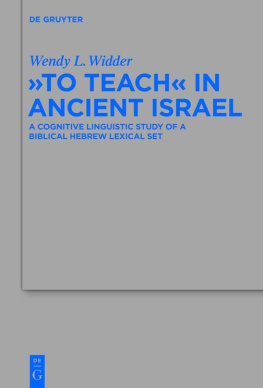
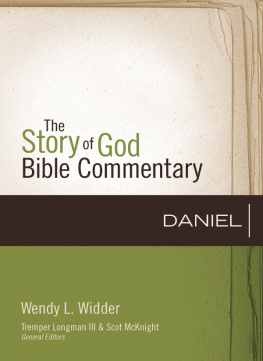
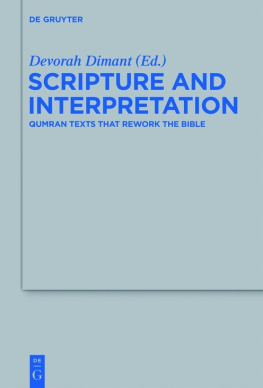
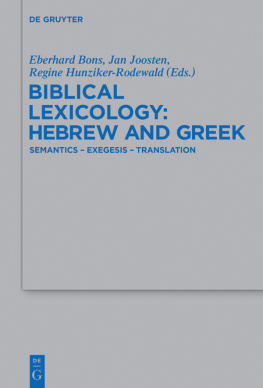
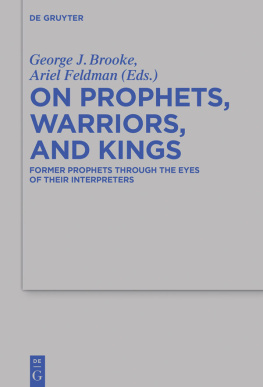
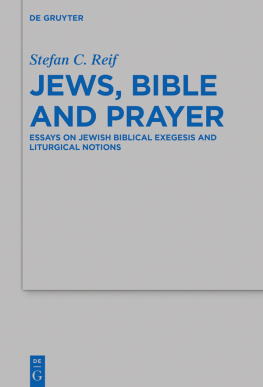
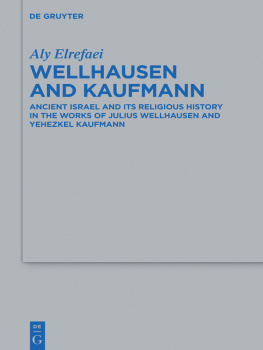

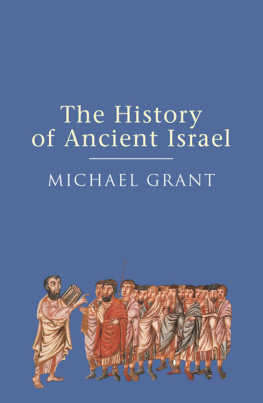
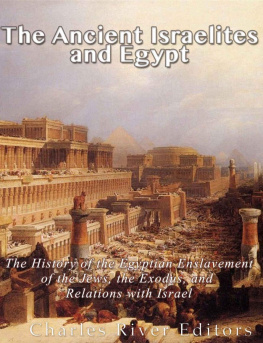
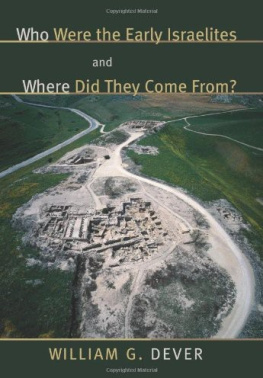
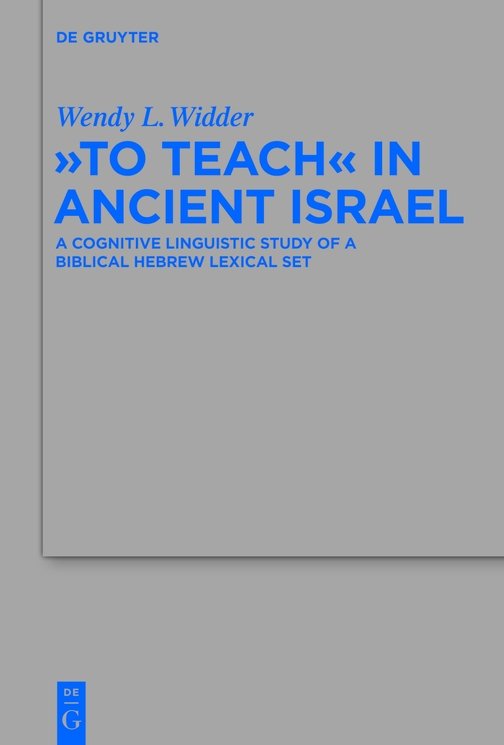


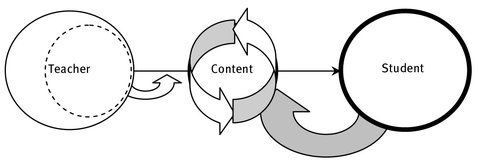

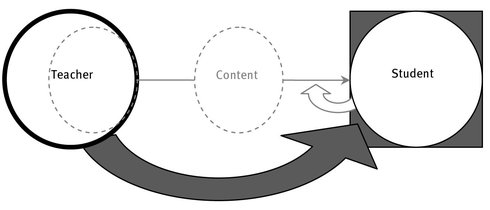
 -G
-G